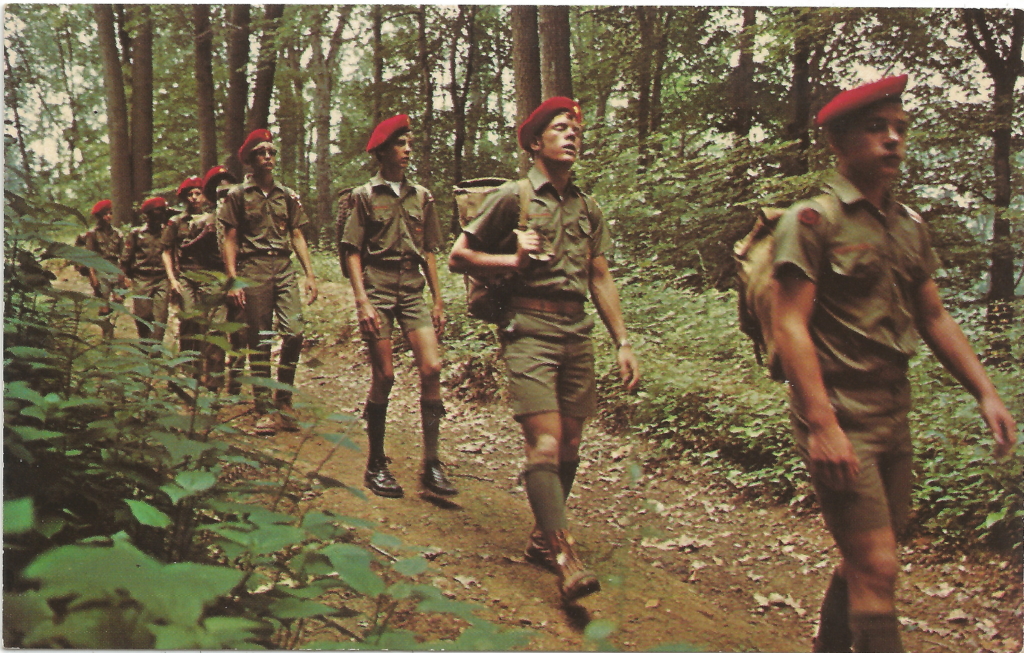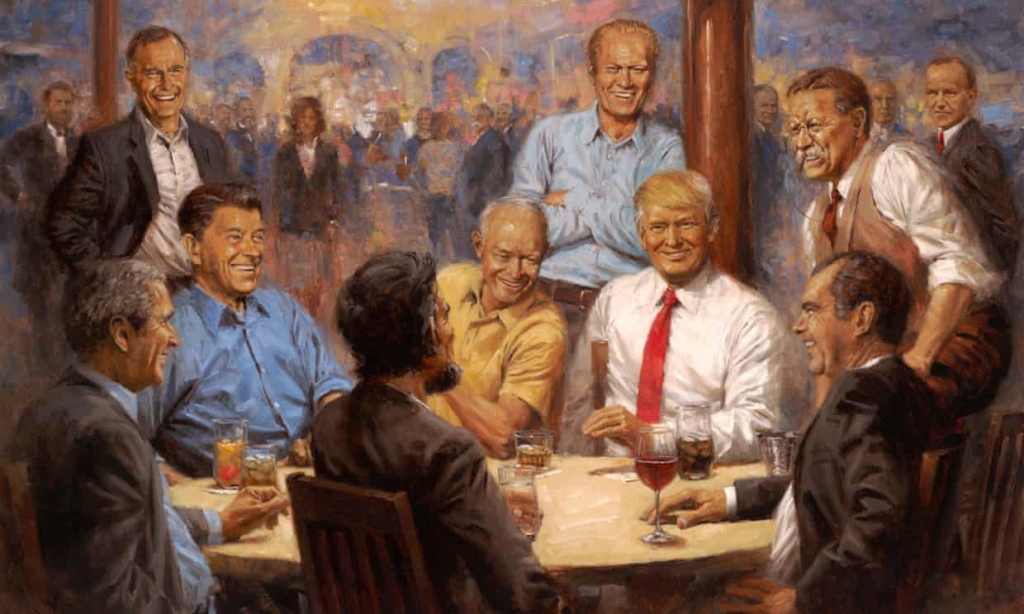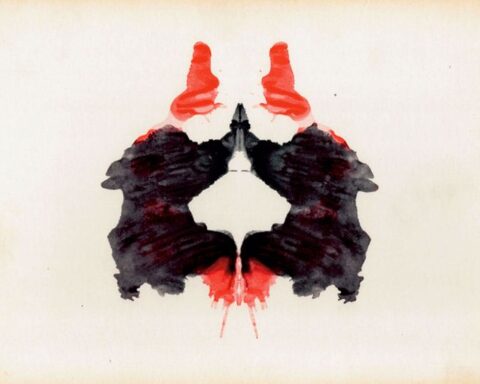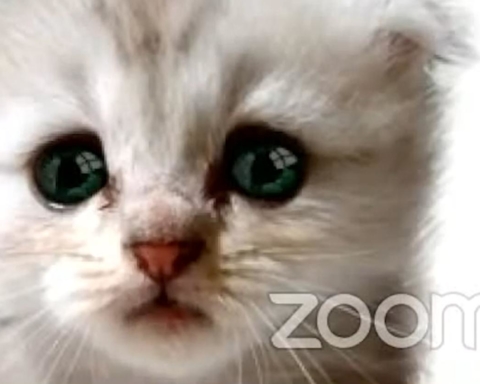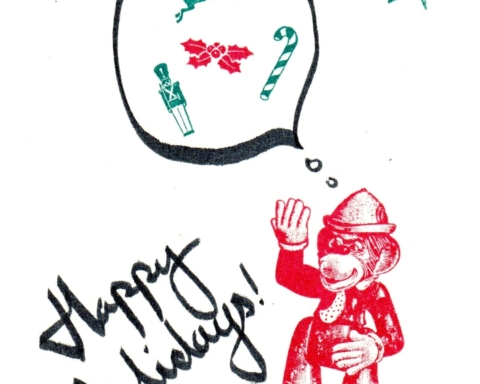This is a story from nearly sixty years ago.
Many kids in those days took part in Scouting.
Little boys belonged in Cub Scouts,
bigger kids in Boy Scouts and up
to worldly, accomplished Explorers with
canoes, camps, badges, red sashes and berets.
All got together in Scout Jamborees, like fairs
in the County Park with booths and streamers.
They rode on yellow buses to Camp Aliquippa,
a few hours away in a forest beside a lake.
The hubbub of hundreds of boys rose
from a roar to pure soprano.
The boys ate baked beans and hot dogs
from paper plates in picnic pavilions.
They stuck close to their friends in the crush
of identical uniforms.
On a hill
in one city, there were three Scout troops,
meeting at the public and Catholic schools
and the Methodist church. From downtown,
near the mills along the river, you drove
up a bluff, then over a bridge across
a ravine, then up a long rise, lined with
houses with backyards on cinder alleys.
Natural gas was drilled here, decades ago.
Trolley tracks still lay in brick avenues,
but busses worked the routes over the hills.
One cub scout pack in Grandview Troop
met in the home of Mrs. Satherton,
the den mother, and other mothers helped her.
We joked and played at her kitchen table.
We made leather coin purses and clay things.
We partied with balloons using helium.
We walked entranced around dinosaur bones
in the museum in Pittsburgh.
At the ballpark, we cheered Roberto Clemente
when he threw from deep right field
straight home on one hop to nail a runner,
and the ballpark hummed with murmuring.
Mrs. Satherton entertained us
for two years, and that was enough.
Now that the boys were a little older, a man
would be good as a Scout Leader, all agreed.
But the men of the town worked hard in heat,
made steel in mills beside the winding rivers.
Their leisure interests were remote
from the woodlore of Scouting. Men hung out
in bars. Hiking was not done. A hunting trip
might involve a cabin and whiskey.
Then a volunteer came forward. Mr. Slade
was new in town and worked in an office.
He was a hunter and would take the boys
into the woods. His son Ted would join the pack
and get more involved in his new hometown.
Ted was a gentle giant, mild and shy.
He was a near neighbor, and we played.
He had a lively interest in frogs.
I’d been in their home and met timid Mrs. Slade,
fussing at the stove. She said I should leave
before Ted’s father got home. We went
out front to play. He came home and
Ted got anxious, watching the windows.
Soon he had to rush inside. He said
his father had gestured at a window,
and he ran. The story he later shared:
his father often beat him with a belt
and punished his mother that way, too,
for all her shortcomings.
But it all
happened so fast. Mr. Slade was the leader
of our pack by consent of the parents.
I could tell no one about the belt.
I had been paddled often enough.
And I knew another boy whose father
used the belt on him and his brother.
I accepted that Mr. Slade was our new leader,
but I was afraid – and I liked Scouting,
its teaching new ways to play, new skills,
its big magazine, “Boys Life,” its handbook
of splints and knots, life-saving first-aid tips,
Indian lore and songs of the forest.
Word of the next meeting came
on the phone to our fathers.
Eight boys of different sizes met
in the park after school, late afternoon,
in a grassy field near the foot of the hill.
We wore our uniform blue shirts
with jeans or uniform blue pants.
Mr. Slade said he would teach us
discipline and proper respect for the flag.
We would learn today to fold the flag.
He pulled it from a box on a picnic table
as we stood in two ranks. Look, he said.
Our country’s flag was in his hands.
He opened it and told us what we knew
already about the stars and stripes.
He told us to stop fidgeting.
You must never throw a flag away,
he said. What do you do with a worn-out flag?
Ted knew. You burn it. Right, you burn the flag.
What do you do at sunset?
At sunset, you pull it down and fold it.
He put us in teams to practice folding the flag.
He taught too fast, and no one got it right.
We talked among ourselves, how to do it.
He told us to be quiet and watch, then
taught us two at a time and sent the others
ten yards away to wait and be quiet.
By then, the Cub Scouts were unhappy,
standing in silence in the park with nothing
to do in the tension of displeasing
our Scout Leader. I muttered, “This is fun,”
and Mr. Slade yelled at me for talking
while other boys were learning to fold the flag.
Mr. Slade gave me another chance, tried
to be patient as I practiced in turn.
Next we would learn a flag ceremony,
with candles. He had mimeograph copies
of the text of a ceremony,
copies that smelled lusciously of ink.
It involved four corners of flag and country,
four winds, and a square of
four boys, holding candles and
stepping and reciting like altar boys.
We practiced our steps and took too long.
It was getting dark, but all the better
for the upcoming, lit candle effect.
Okay, we’d have to read our lines this time.
We split into two groups of four.
My group would go first, and the others
should get out of the way and watch.
Mr. Slade produced the candles. He lit one.
A brisk evening wind, in a horizontal
flare of flame and wisp of smoke, blew it out.
He tried to light candles in our cupped hands,
again and again, but the wind was steady.
Mr. Slade lit a candle in the lee of his body
and big hands and passed it to a boy.
The wind slackened, as if to his will.
He lit and passed four candles.
We four boys approached the center solemnly,
holding paper, flag and flickering
candles in the darkening field.
We stumbled through the opening lines
in piping young voices. At once,
the wind flared and blew out our candles.
I snickered at the inevitable,
the folly of candles in the wind,
snickered out of nervousness.
Mr. Slade yelled. “How dare you! It’s not funny!
That’s disrespect for the flag – disrespect
for veterans! Your father will hear about this!
We’ll do it again. This time, do it right!”
Mr. Slade decided not to light the candles.
We boys read from the text, moved as directed,
and watched the other group do the same.
It was dark, and Mr. Slade drove a few home
in his car. I walked home alone.
I had failed in Scouting.
My father would be mad, but
it was not disrespect for the flag.
Mr. Slade used the flag to boss people around.
This impulsive thought was too extreme to say
to boys who just wanted to get away.
At home, I said the Scout meeting was boring
and not thought out. Mr. Slade was too bossy,
and I didn’t like Scouting anymore.
Soon the phone rang and my mother answered.
It was Mr. Slade, asking to speak with my dad.
I watched Dad, still in his plumbing clothes –
green shirt and pants, sturdy shoes – take the phone.
He looked at the ceiling, saying, “Uh-huh, uh-huh.”
Soon he said, “Well, I’ll talk to him about it.
Good-bye,” and hung up. As I watched nervously,
he laughed. “What happened to you today?”
A little way later, Dad called Mr. Slade.
“I’ve decided to let my son quit your Scout group,”
he said. “Well, nothing happened to criticize
him for. There was no disrespect for the flag.
We don’t want to get into those kinds of discussions.”
The pack continued, reduced in number.
Later, it developed that Mr. Slade belonged
to a political group, paranoid and
accusing, the John Birch Society.
It had bad press then, and for all
his activities in PTA too,
Mr. Slade was a solitary figure,
known as an extremist. The times have changed.
William Considine writes poems and plays. A chapbook of poems, Strange Coherence (from The Operating System) and a CD of poems with music, An Early Spring (from Fast Speaking Music) were published in 2012. A volume of his produced, verse plays, The Furies, was published by The Operating System in 2017. Two full-length plays have had staged readings at Medicine Show Theatre, NYC, Women’s Mysteries in 2015 and Moral Support in 2018.
Boy Scouts of America card via Flickr.

